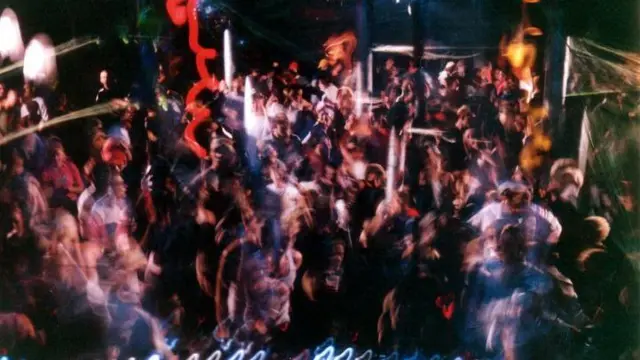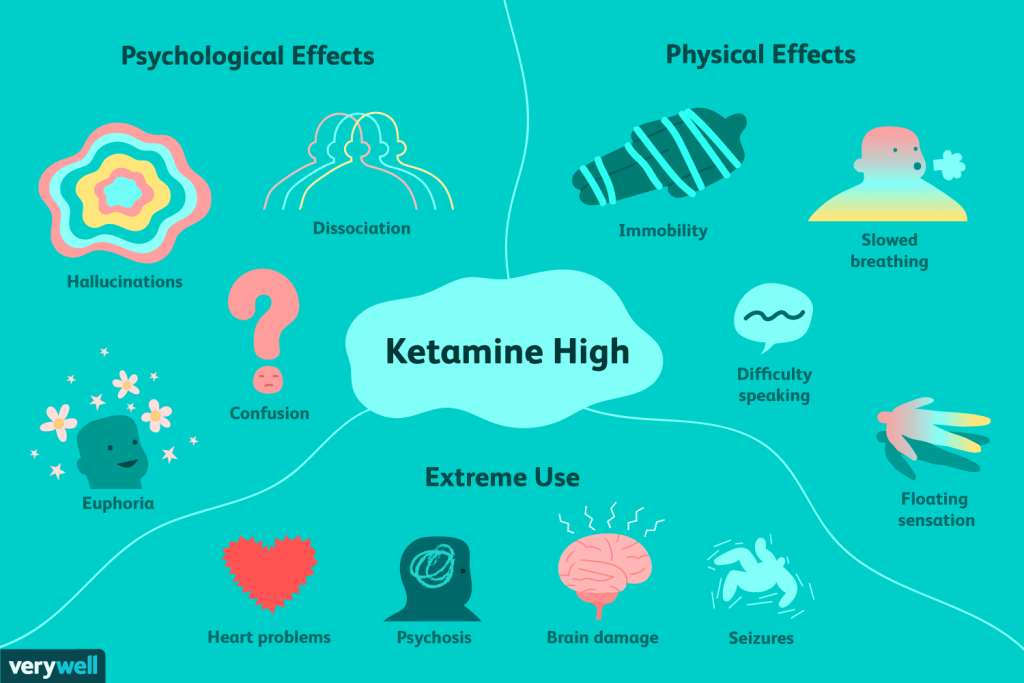Ketamine: Gen Z’s Drug of Choice
In recent years, ketamine has emerged as a popular recreational drug among Gen Z, with its use rising across clubs, festivals, and social gatherings. Once primarily known as an anesthetic and later explored for its potential in treating depression, ketamine has now found a place in the nightlife and party culture of younger generations. But why has it become so popular, and what are the implications of this trend?
The Rise of Ketamine Among Gen Z
According to recent studies, ketamine use among young people has surged, particularly in urban nightlife scenes in the UK and the US. The Global Drug Survey 2023 reported a notable increase in recreational ketamine use among people under 25, attributing it to its dissociative effects, accessibility, and relatively low cost compared to other party drugs like MDMA or cocaine.
One university student interviewed by Vice explained, “Ketamine is a way to disconnect from stress and anxiety without the harsh comedown of other drugs. It’s become a staple at house parties and raves.” Others cite its affordability and availability as key factors driving its popularity.

How Ketamine Works & Its Effects
Ketamine is a dissociative anesthetic, meaning it can induce feelings of detachment from one’s body and surroundings. Users describe experiencing a dreamlike state, euphoria, and sensory distortions. In small doses, it is often compared to alcohol or MDMA, providing a sense of relaxation and mild hallucinations.
However, higher doses can lead to what is known as a K-hole, a deeply dissociative and sometimes immobilizing experience that can be overwhelming. Long-term use has been associated with cognitive impairment, bladder damage (ketamine bladder syndrome), and psychological dependency.
Social Media & The Normalization of Ketamine
Social media platforms like TikTok and Instagram have played a significant role in the normalisation of ketamine use. Videos and memes joking about the K-hole experience have made their way into mainstream internet culture, often downplaying the risks associated with excessive use.
A drug harm reduction expert from The Guardian warned, “The casual portrayal of ketamine on social media may be contributing to its rising use among young people. While harm reduction education is crucial, glamorising drug use can lead to unsafe behaviours.”
The Mental Health Angle: Ketamine Therapy vs. Recreational Use
Interestingly, while ketamine is gaining popularity as a party drug, it is also being researched for its antidepressant properties. Clinics around the world now offer ketamine-assisted therapy for patients with severe depression and PTSD. However, experts emphasize that therapeutic ketamine is administered in controlled settings, vastly different from the unregulated, high-risk use seen in recreational settings.

The Dangers & Calls for Harm Reduction
Health professionals are increasingly warning about the risks of ketamine misuse, urging for more harm reduction strategies, including:
- Education on safe dosing to prevent accidental overdoses or K-holes.
- Testing kits to detect contaminants or dangerously potent batches.
- Hydration and bladder care to prevent long-term damage from frequent use.
- Awareness campaigns to combat the normalization of heavy ketamine use on social media.
Despite its rising popularity, the long-term effects of frequent ketamine use are still being studied, and experts caution that dependency and physical harm are growing concerns.
Conclusion: A Trend with Consequences
Ketamine’s popularity among Gen Z reflects shifting drug trends, social influences, and the ongoing search for escapism. While some hail its therapeutic potential, its widespread recreational use raises significant health concerns. The challenge ahead lies in balancing harm reduction with awareness, ensuring young users make informed choices about their drug consumption.
Help and resources:
UK: FRANK, WithYou and the NHS
US: You can find a list of help and support service HERE



